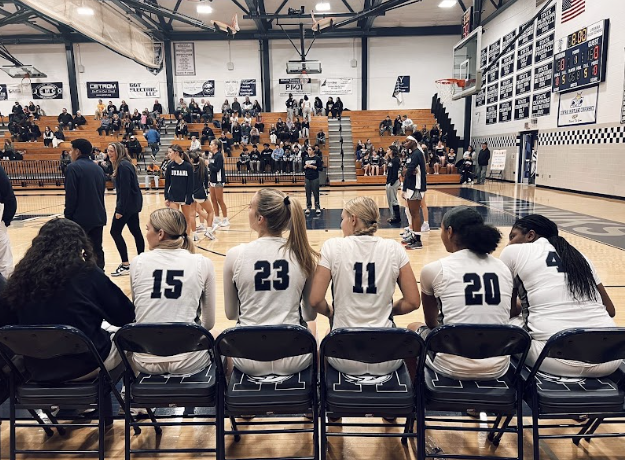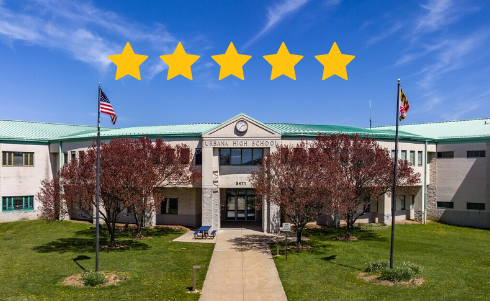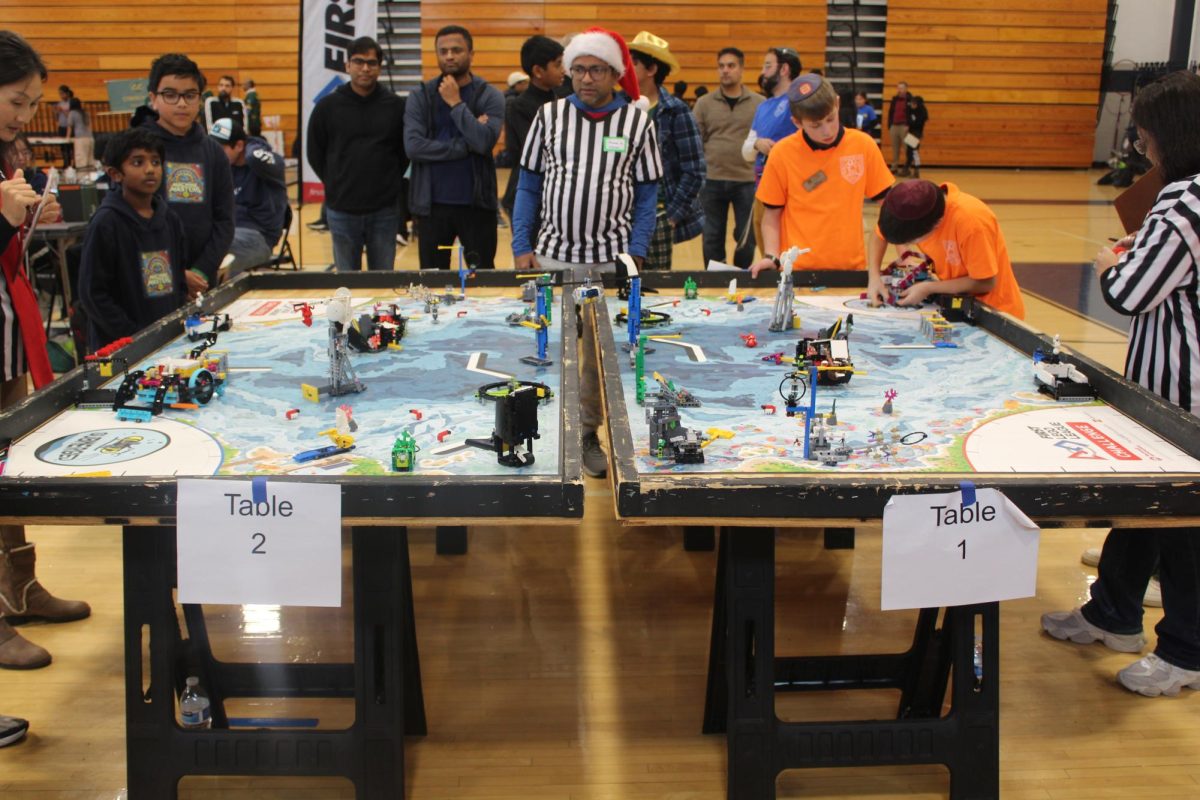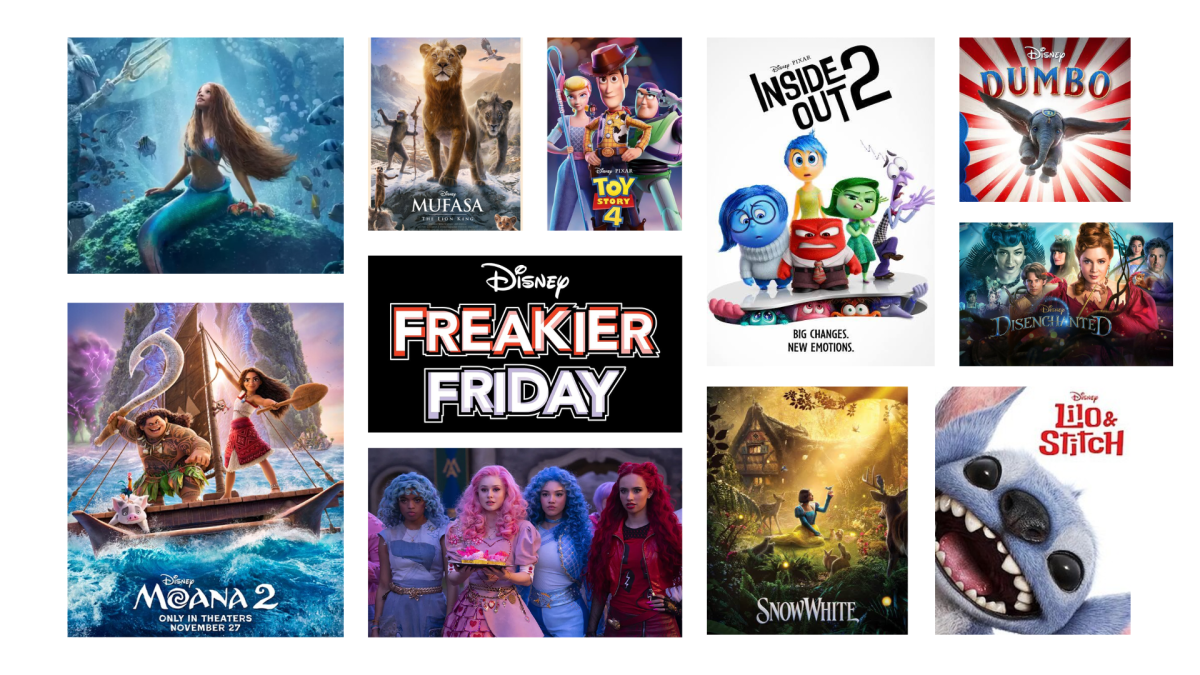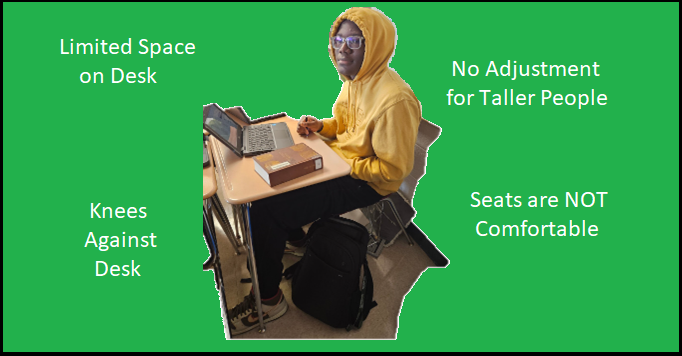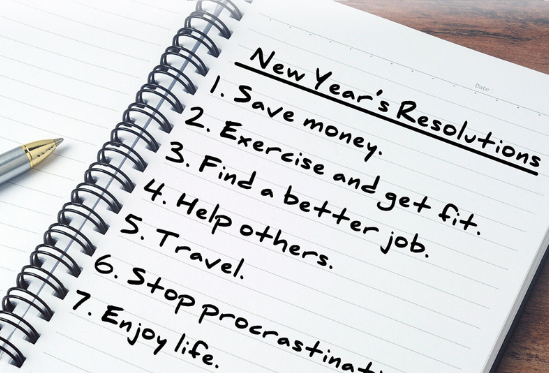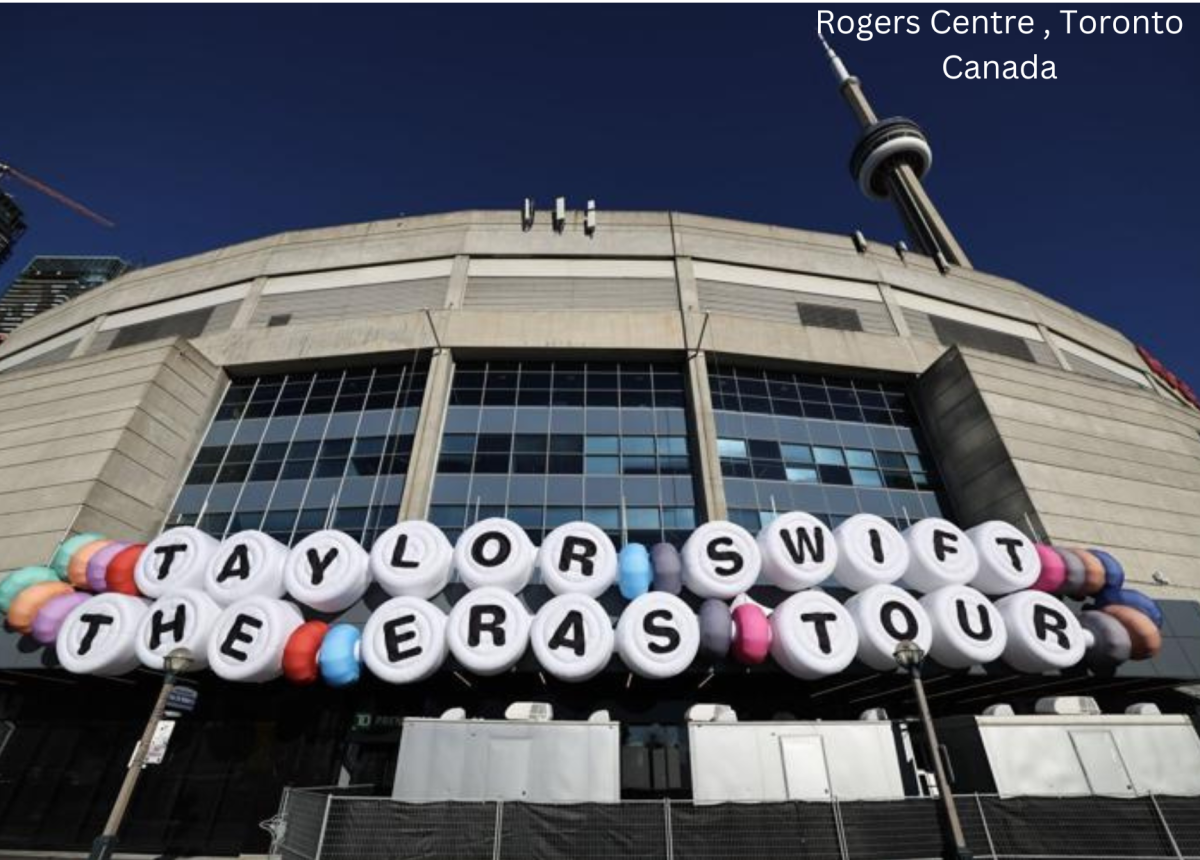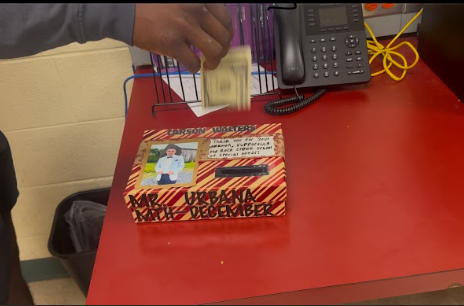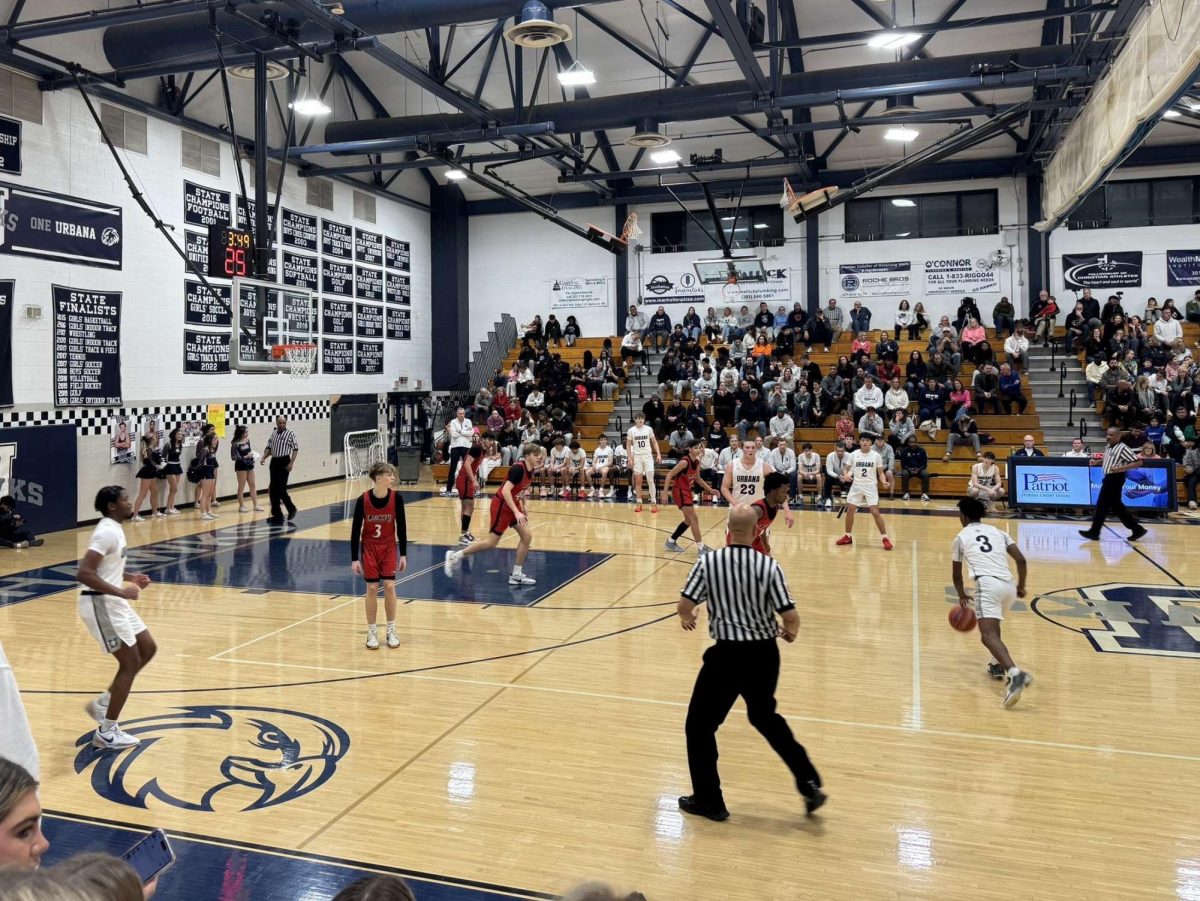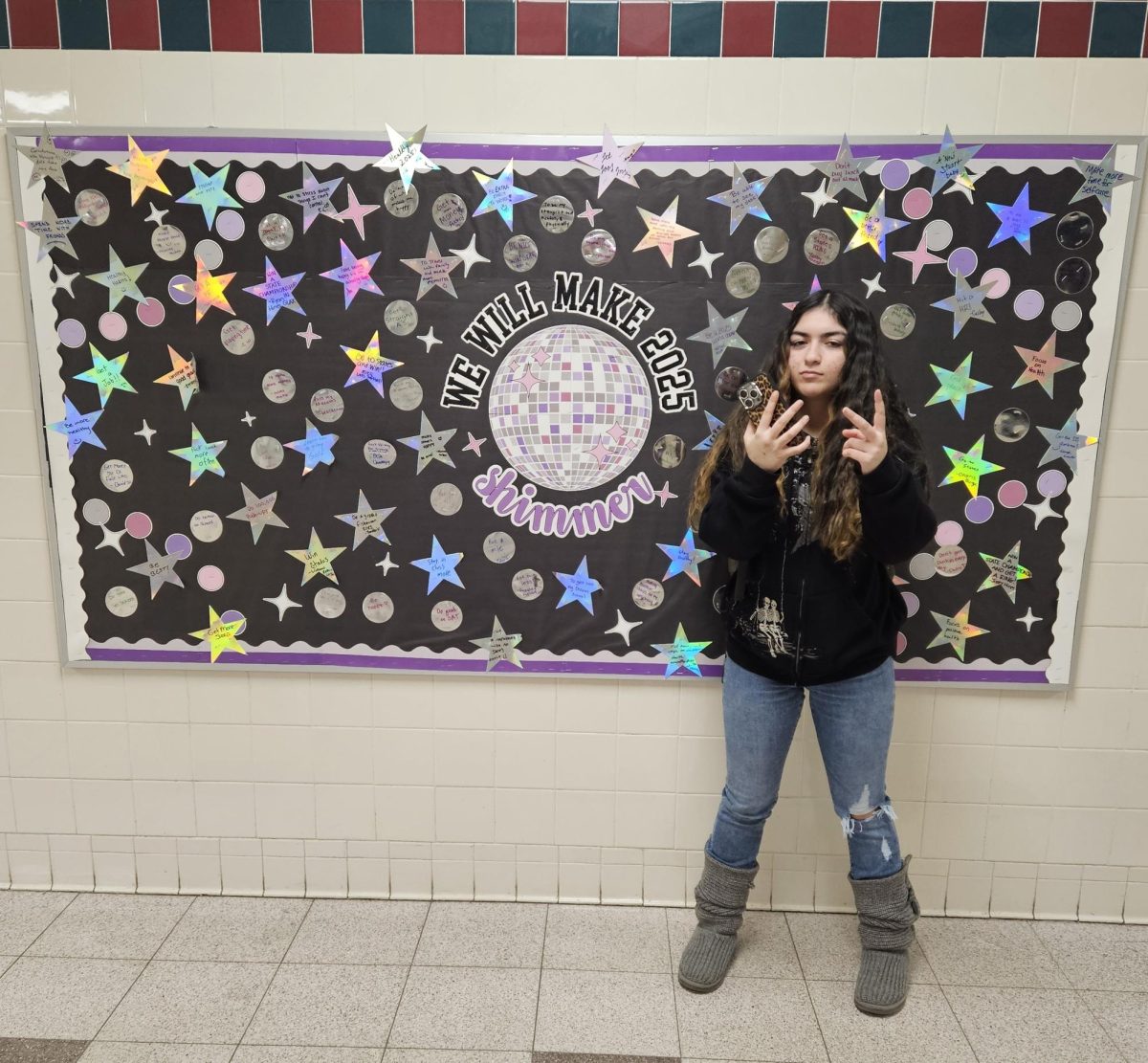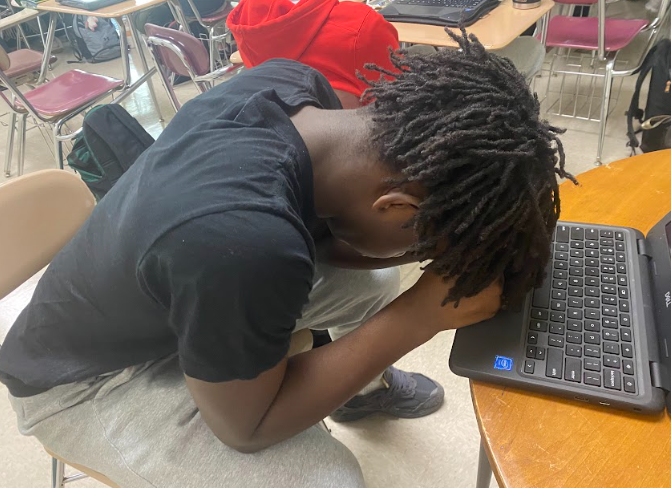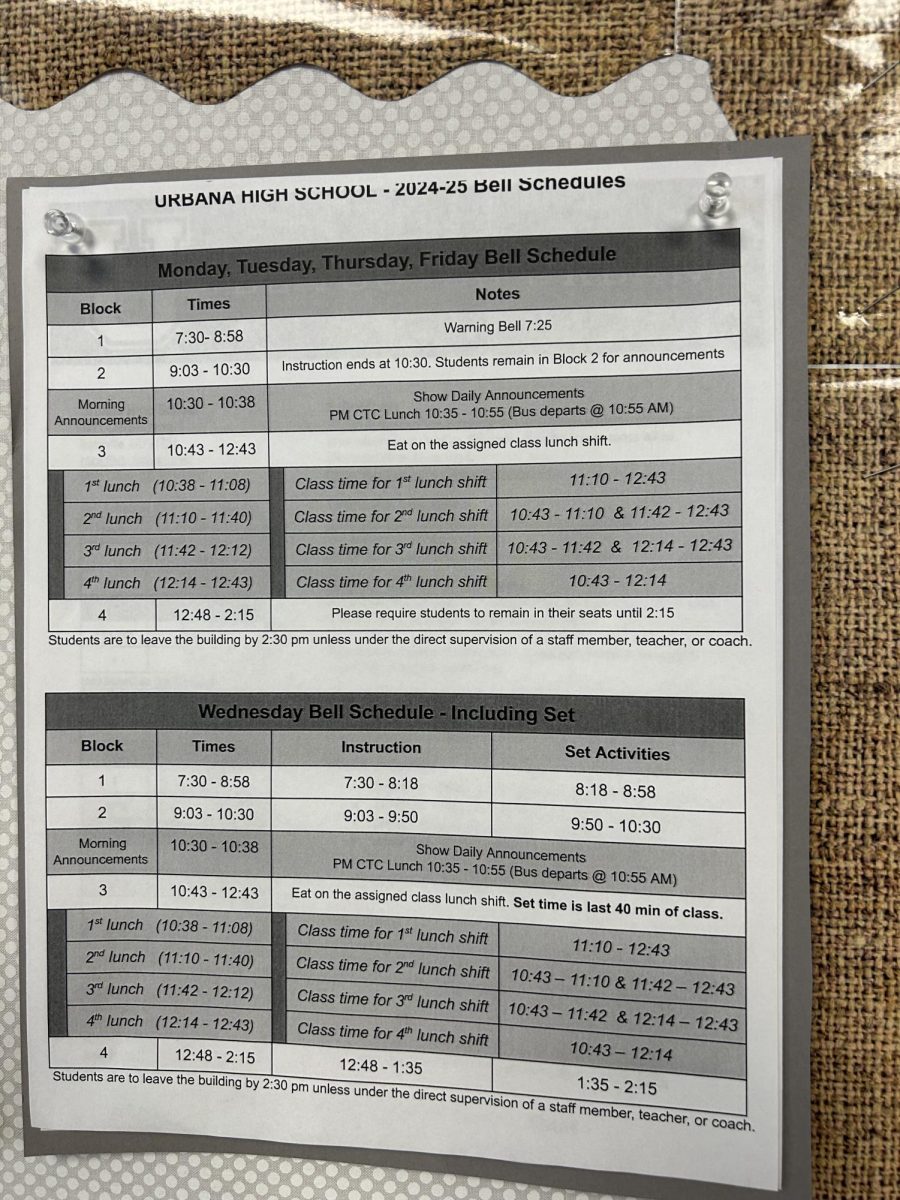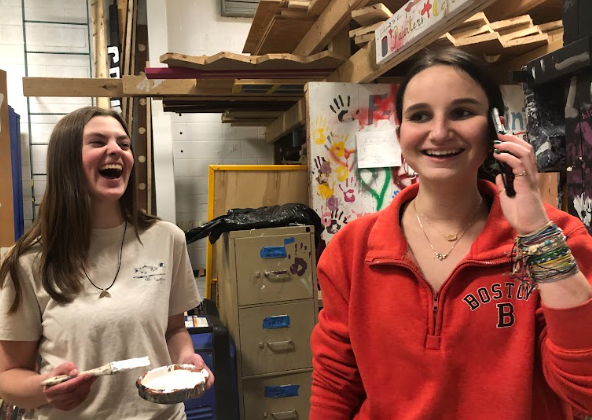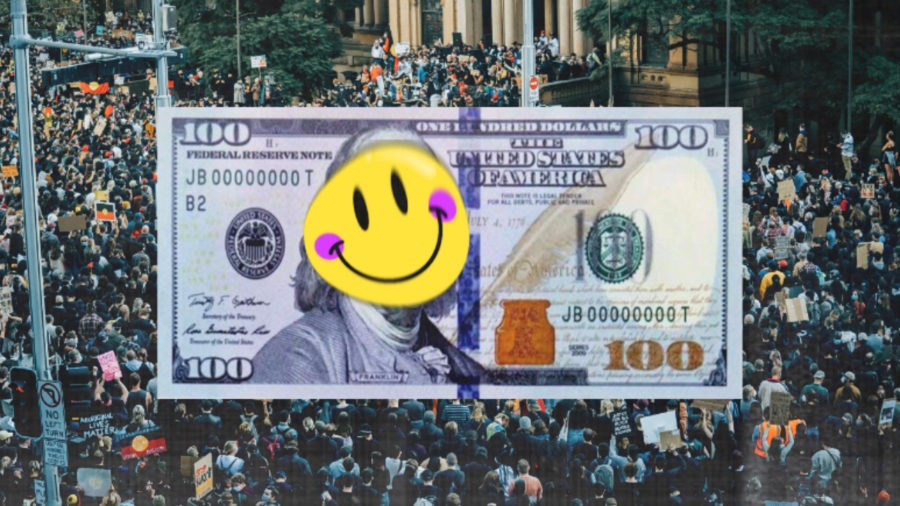If money doesn’t buy happiness, why does everyone want MORE?
May 14, 2023
When we think of having a lot of money, we think of lavish purchases. But how many of us think about the other long-term rewards that come along with the cash?
Less stress, fewer worries, and more experiences are more likely when you have more money in your bank account because you can now afford more things including those bills that you’ve had to budget for previously, or vacations that you’ve had only dreamt about, or that dream car that you’ve wanted since you were a kid, and with all this money, you can give back to those who supported you along the way and watch their lives completely change.
According to NBC News, a small study with 200 people was done, where each of them were given $10,000.
The participants had 3 months to spend the money, they had to record how happy they felt monthly and so did a control group of 100 people who didn’t get a dime.
The group’s happiness was measured throughout the day by having the participants rank their happiness on how satisfied they were with their lives on a scale from 1-7, they were also asked to report feelings of happiness and sadness. The group who received the money had higher levels of happiness after the 3 months, and even after the 3 months.
The only people who didn’t have a noticeable spike in happiness were people who had a yearly income of over $123,000.
But another well-known study shows that there isn’t a correlation between happiness and annual income.
Two researchers named Matthew Killingsworth and Daniel Kahneman found that happiness does not plateau after $75,000, which was the previous “threshold”.
“This threshold was initially posited by Kahneman, a Nobel Prize-winning economist, and psychologist, in a 2010 study that concluded that “emotional well-being [also] rises with log income, but there is no further progress beyond an annual income of $75,000.” Killingsworth and Kahneman then found that that threshold can continue to rise with income well beyond $200,000.
To measure the participant’s happiness, they were pinged at random times during the day to report their feelings at random intervals daily. They were asked “How do you feel right now?” on a scale ranging from “very bad” to “very good,” one conclusion of the study they gathered was that, “happiness continues to rise with income even in the high range of incomes”
What about those without a stable income… Students?
William Knepper, a sophomore here at Urbana also believes that money buys happiness because “Most material things in life that provide convenience, or innovation, as well as experiences all cost money, and these products can provide some form of entertainment and happiness. With enough money, you can buy whatever products that achieve this “happiness”
With all this money that’s been discussed, you can obviously buy expensive things like multiple supercars, or designer clothes. But then, it’s common to only want more after a while, maybe your Ferrari F40 isn’t fast enough after a few months and you want the 2023 F8 which turns out to be common among wealthy people as they gain more money.
This is why it’s best if you spend your money on things like experiences, and necessities that move your happiness, then your money will make your life happier, instead of plateauing or causing it to spike and then go back down like the Ferrari example.
Most millionaires spend the majority of their money on activities like exercise, hobbies, vacations, and social opportunities instead of purchases that only spark their happiness for a designated amount of time.
But one of the most cherished feelings that come along with having great amounts of money is the feeling of giving back to others. You can find a lot of your favorite celebrities giving back to those who supported them at the beginning of their career, or to their community when they reach their financial freedom.
All of these things wouldn’t be possible without money, the world revolves around it after all. It’s your decision whether you think it determines one’s happiness or not, but think of how many things could change as that paycheck increases. Whatever you are struggling with, money is the problem solver for all of it. If money doesn’t buy happiness, how come the majority of people always want more?
Bendix, Aria. “Money can buy happiness for households earning up to $123,000, study suggests.” NBC News, 10 November 2022, https://www.nbcnews.com/health/health-news/can-money-buy-happiness-study-rcna56281. Accessed 24 April 2023.
Dickinson, Kevin. “Can money buy happiness? Depends on how you spend it.” Big Think, 9 November 2022, https://bigthink.com/the-learning-curve/can-money-buy-happiness/. Accessed 24 April 2023.
Quilty, Conrad, et al. “It Turns Out Money Does Buy Happiness, At Least Up to $500000.” Bloomberg News, 7 March 2023, https://www.bloomberg.com/news/articles/2023-03-07/money-does-buy-happiness-at-least-up-to-500-000. Accessed 24 April 2023.




